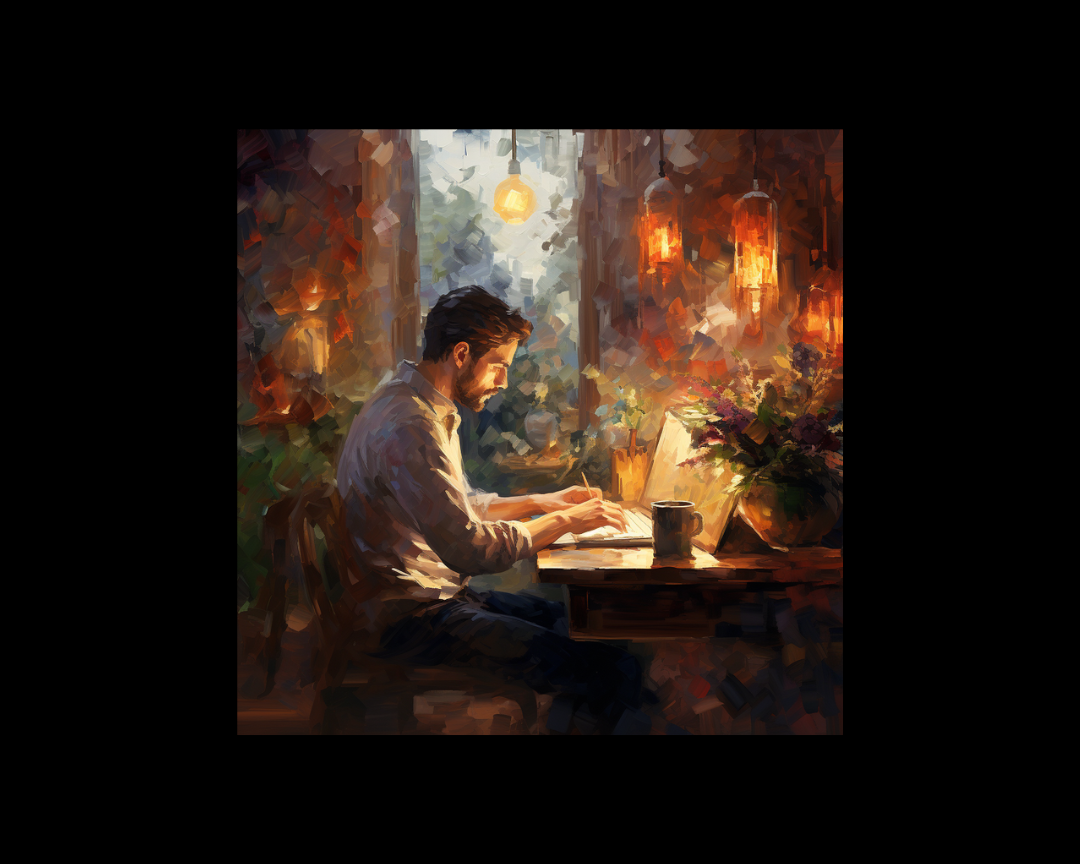Metafiction and Breaking the Fourth Wall
Metafiction, a literary device that transcends the boundaries of traditional storytelling, offers readers a unique and thought-provoking experience....
2 min read
 Writing Team
:
Oct 26, 2023 2:14:19 PM
Writing Team
:
Oct 26, 2023 2:14:19 PM
.png)
Crafting a compelling story in documentary filmmaking or fiction is akin to constructing a delicate and intricate mechanism.
While documentaries draw energy from real-life events, they, like fiction, are meticulously woven tales.
In the digital age, the editing room becomes a crucial space where the vast array of raw materials is shaped into a coherent narrative.
Amidst this process, one often overlooked element is the antagonist or antagonistic powers.
Your protagonists are dear to you. You invest in their dreams, struggles, and journeys. You meticulously ensure they resonate with your audience. But have you extended the same attention to your antagonist? Often, this essential character is left underdeveloped, leading to vague audience connections and missed opportunities for profound storytelling and character growth.
So, I urge you to love your antagonist just as ardently as your protagonist, if not more.
In many narratives, antagonistic forces are viewed merely as obstacles for protagonists to overcome. For instance, if your protagonist is a journalist uncovering corporate greed in an environmental setting, you might perceive the antagonist as a source of challenges. However, the essence of this antagonistic power is vital.
Why does this matter? Because your protagonist and antagonist embody two facets of the same principle—the fundamental guiding force behind your story, reflecting your identity as a storyteller and a human being.
Throughout history, humanity has sought answers and guidance through narratives, using stories to understand others' experiences without facing the dangers ourselves. Storytelling has enabled us to confront life's conflicts and dilemmas, often rooted in clashes of principles or world philosophies.
As a documentary filmmaker or fiction writer, you embark on this journey to explore such clashes, often embodying principles like "Truth" vs. "Manipulation of truth" or "Justice" vs. "Greed." These clashes define your story's core, its theme.
However, the truth lies in embracing the complexities of human nature. While it's tempting to identify with characters mirroring your values, true storytelling delves into the darkness within both protagonists and antagonists. Acknowledging the moral justifications behind their actions humanizes these characters, providing depth to their struggles.
Characters, even antagonists, believe fervently in the morality of their deeds. In his pursuit of profit, the oil firm's CEO sees himself as justified, just as the journalist views her quest for truth. Imagine the depth your story gains when both characters face temptation, greed, and moral dilemmas, forcing them into a shared thematic arena. This shared ground becomes the catalyst for their transformations.
Understanding your story involves comprehending your antagonist's internal world, problems, goals, and needs. By empathizing with their perspective, you uncover the contrast between the protagonist and the antagonistic forces. As you dive deeper and cultivate affection for your antagonist, you discern the difference between you and the antagonist and the profound layers within your narrative.
In essence, embracing your antagonist is a journey of self-discovery. It unveils your motivations, drives, transformations, and the reasons compelling you to tell this story. Moreover, it illuminates the audience's perspectives, allowing them to comprehend their viewpoints.
So, explore the depths of your antagonist's soul, love them fiercely, and uncover the transformative power of embracing the darkness within your narrative. This act of profound storytelling is the gateway to authentic and compelling cinematic and literary experiences.
.png)
Metafiction, a literary device that transcends the boundaries of traditional storytelling, offers readers a unique and thought-provoking experience....
.png)
In today's blog post, we're diving deep into the insights shared in a captivating video titled "Story Development: The Three Most Important People in...

Have you ever been told that your story felt bogged down with too much information? Or perhaps you've encountered a fantasy novel where the first...